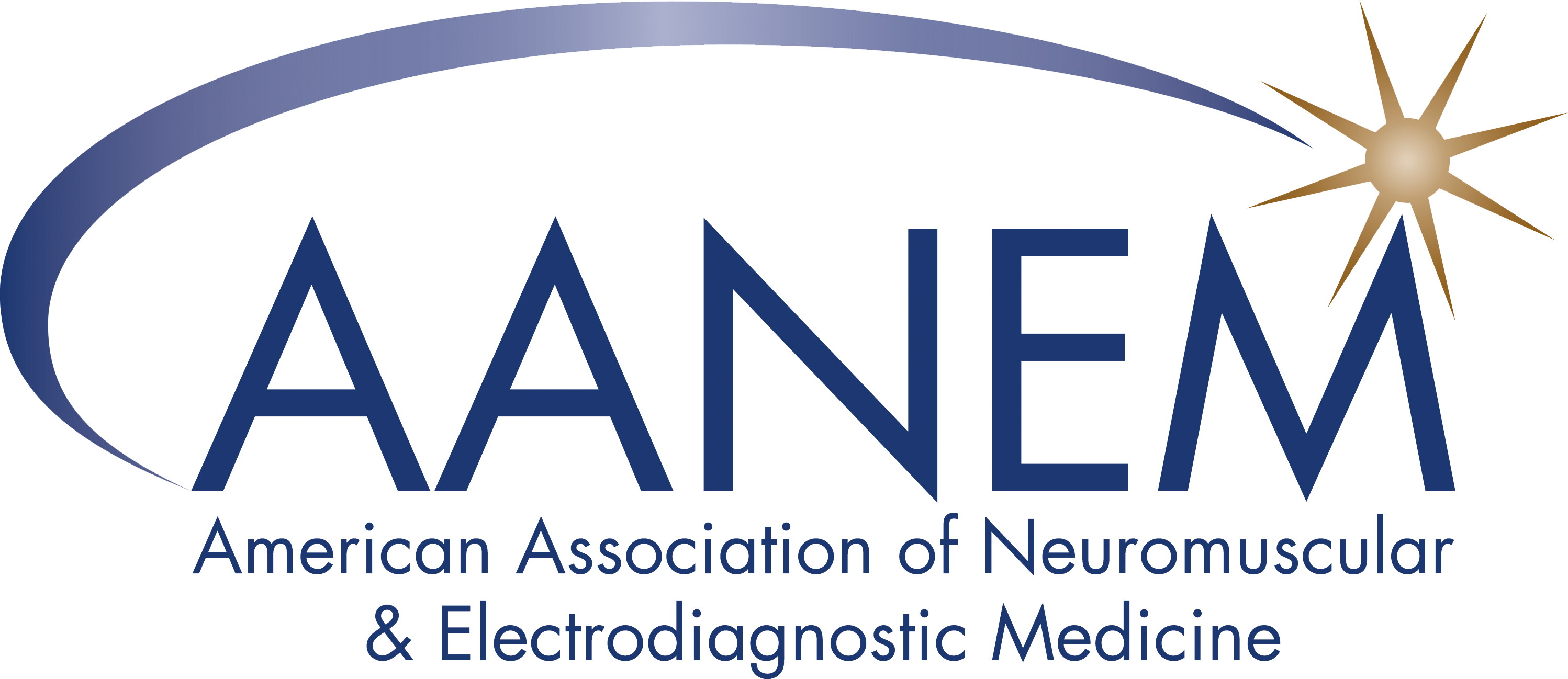Referral Indications for Primary Care Providers
The electrodiagnostic medicine (EDX) evaluation is an extension of the clinical neuromuscular examination and is performed by a qualified EDX physician and/or a supervised technologist. The EDX evaluation consists of nerve conduction studies (NCSs) and needle electromyography (EMG). The NCS provides a recording and analysis of electric waveforms of biological origin in response to an applied electric stimulus. The needle EMG provides an evaluation and analysis of spontaneous and voluntary electrical activity originating from motor units and individual muscle fibers using a narrow-gauge sterile needle electrode
This information is being provided to assist primary care physicians in determining when to refer their patients for a study. It is not intended to determine the appropriate EDX testing which is based on the professional opinion of the EDX physician after conducting a patient history and physical examination.
When to Refer Your Patient for Needle EMG or NCS Testing
- Symptoms: Common symptoms and signs that may be evaluated using EDX testing are:
- Numbness/tingling
- Weakness/fatigable weakness
- Pain
- Atrophy
- Bulbar dysfunction (e.g., dysphagia, dysarthria)Neuromuscular junction (myasthenia gravis)
- Localization: To help determine the level of injury/dysfunction
- Motor neuron disease/neuronopathy (ALS)
- Nerve roots (radiculopathy, polyradiculopathy)
- Brachial and lumbar plexuses (plexopathy)
- Peripheral nerves (polyneuropathy, mononeuropathy, mononeuropathy multiplex)
- Neuromuscular junction (myasthenia gravis)
- Muscles (myopathy)
- Diagnosis: Confirm or support diagnosis and provide information regarding severity, and prognosis and chronology (such as carpal tunnel syndrome or cervical radiculopathy)
Situations Where EDX Studies May Be of Limited Use
- Isolated neck or back pain without associated numbness, tingling, pain or weakness in the arms or legs.
- Muscle pain in the absence of other abnormalities on examination or laboratory testing.
- Weakness or sensory loss in a pattern known to be associated with a central nervous system process.
- Pain and limited motion due to known joint disease.
Document History
Creation of New Guidelines, Consensus Statements, or Position Papers
AANEM members are encouraged to submit ideas for papers that can improve the understanding of the field. The AANEM will review nominated topics on the basis of the following criteria:- Members’ needs
- Prevalence of condition
- Health impact of condition for the individual and others
- Socioeconomic impact
- Extent of practice variation
- Quality of available evidence
- External constraints on practice
- Urgency for evaluation of new practice technology
